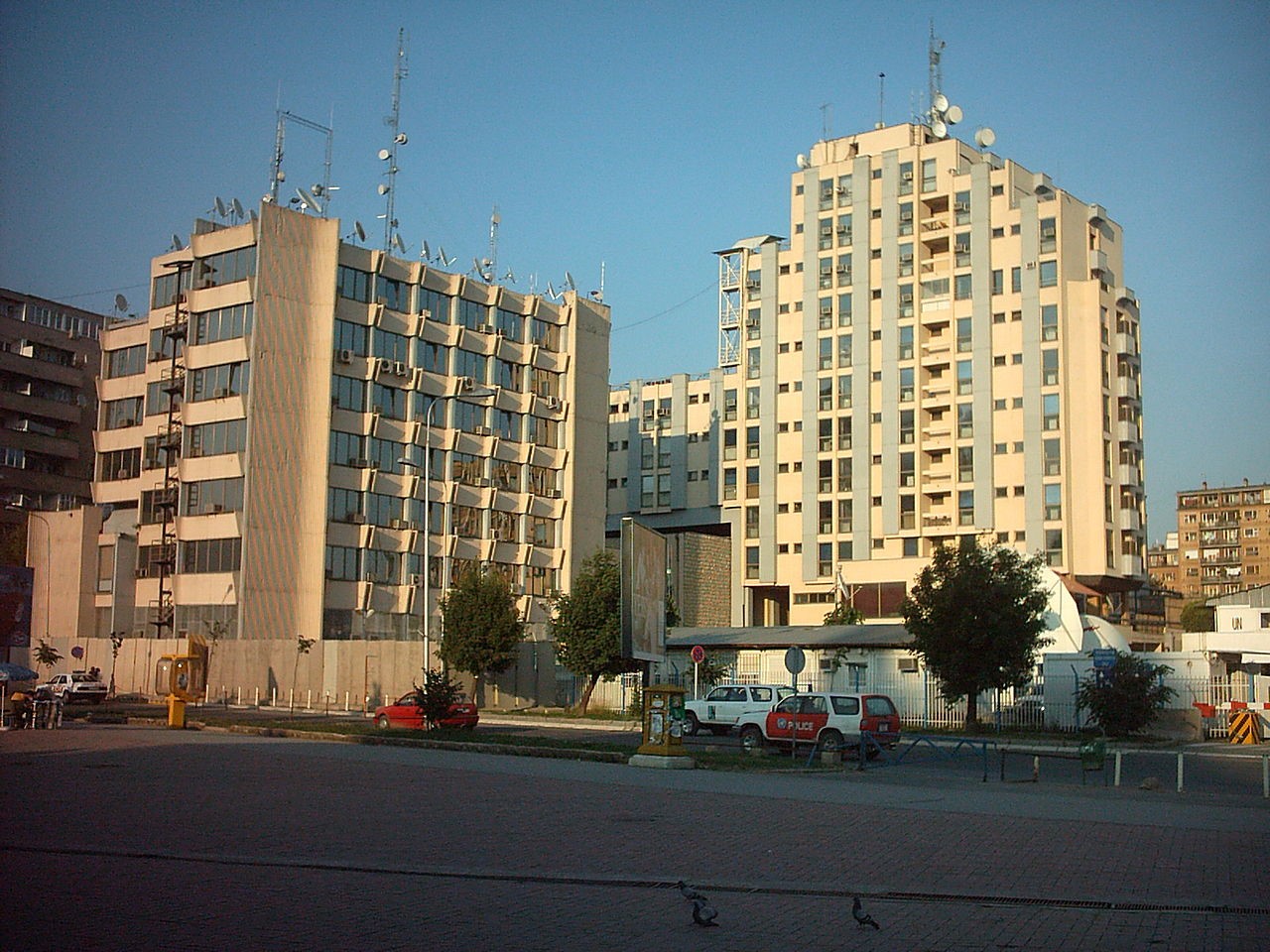
Russia Monitor is a review of the most important events related to Russian internal and external security, as well as its foreign policies.
Date: 25 October 2021
Kosovo Expels Two Russian Diplomats Amid Conflict With Serbia
State authorities in Kosovo said the two diplomats at Russia’s liaison office to Kosovo were ordered to leave the country. As the office is closely linked to the Russian embassy in Belgrade, the expulsion could have been due to renewed tensions between Kosovo and Serbia. Russia and Serbia are allies; furthermore, Moscow does not recognize Kosovo as an independent state while Russian intelligence outlets have been involved in many joint operations with Serbian operatives in this Balkan country.

Kosovo’s government tells two Russian diplomats to leave the country over harmful activity which has violated the national security and constitutional order. “We will continue to cooperate closely with our U.S. and European allies to prevent Kosovo and our region from being prey to destabilizing ambitions of the Russian Federation,” President Vjosa Osmani said on Facebook on October 22. Russia has a liaison office in Kosovo, not an embassy. Moscow refuses to recognize Kosovo as a country and backs Serbia in its insistence that its neighbor is part of Serbian territory. Kosovo unilaterally declared independence from Serbia in 2008. Russia opened a liaison office in Kosovo in 2005, three years before Kosovo declared independence from Serbia. It was not clear what activities prompted the government to expel the two officials. Possibly this was due to tensions in the mostly-Serb regions in the north whose inhabitants clashed with police officers in riots. At the same time, Serbia demonstrated its military power by its border with Kosovo. Formally, the liaison office in Priština is part of the Russian diplomatic mission in Belgrade. It labeled the decision made by Kosovo as “provocative,” adding it had no legal force for Russia as Moscow is cooperating with the United Nations Interim Administration Mission in Kosovo (UNMIK) in this respect. This was another incident when Russian diplomats were expelled from Balkan states for activities incompatible with their diplomatic status. In May North Macedonia expelled a Russian diplomat over spying allegations. In the same month, Albania sent a Russian national back home and accused him and his compatriot of spying. In April Romania ordered the aide to Russia’s military attaché to leave while Bulgaria expelled a Russian diplomat, possibly after detecting a spy ring among Bulgarian military personnel.
Support Us
If content prepared by Warsaw Institute team is useful for you, please support our actions. Donations from private persons are necessary for the continuation of our mission.
All texts published by the Warsaw Institute Foundation may be disseminated on the condition that their origin is credited. Images may not be used without permission.















